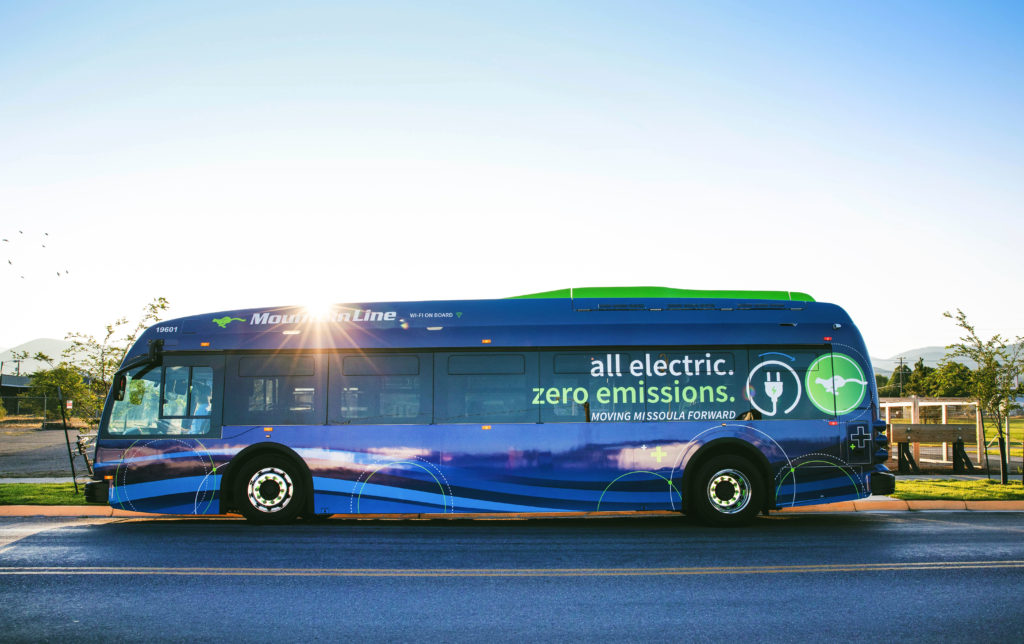advertisement
Electric Vehicle Startup BasiGo Launches Operations In Kenya

BasiGo, an electric vehicle startup on Tuesday launched its operations in Nairobi after announcing that it had raised $1 million in pre-seed funding.
BasiGo CEO and co-founder Jit Bhattacharya said their electric buses will provide a cheaper alternative to diesel-powered buses which dominate Kenya’s public transport system. The buses can cover about 250 kilometers daily will come in 25 and 36 seater capacities.
“For years, diesel-powered buses have been the only viable solution for bus operators in Kenya. We are excited to provide public transport operators with a new option: state-of-the-art electric buses that are more affordable, and reliable, and reduce bus operator exposure to the rising costs of diesel fuel,” he said.
advertisement
The Company plans to sell the EV buses at the price of their diesel equivalent. This Bhattacharya says will help the owners save on costs.
“The cost of electric bus technology has come down dramatically over the last 10 years, to the point where electric buses can offer significant savings compared to fossil-fuel buses. Our goal is to help bus owners in Kenya realize these savings, and in the process, help Kenya become a global leader in sustainable public transport,” said Bhattacharya.
BasiGo is funded by Climate Capital, a Silicon Valley venture capital firm, and Third Derivative, an accelerator focused on climate technology.
advertisement
The Kenya public transport market continues to attract foreign investors keen to tap into the multi-billion industry while improving mobility efficiency for users. Approximately 1 million people use public service transport in Kenya’s capital Nairobi daily.
Some of the start-ups that have popped up in the Kenya market include SWVL, SafeBoda, NopeaRide and Opibus.
While SWVL relies on diesel-powered buses to provide its services, taxi-hailing app startup NopeaRide and Opibus have opted for the electric route.
advertisement
Opibus, which converts diesel powered buses and motorcycles by fitting them with electric systems, announced it had raised $7.5 million in funding. It said the investment would help scale its operations in electric and bus manufacturing in 2022.
According to the World Health Organization, automobile pollution causes at least 5,000 deaths per year in Kenya.